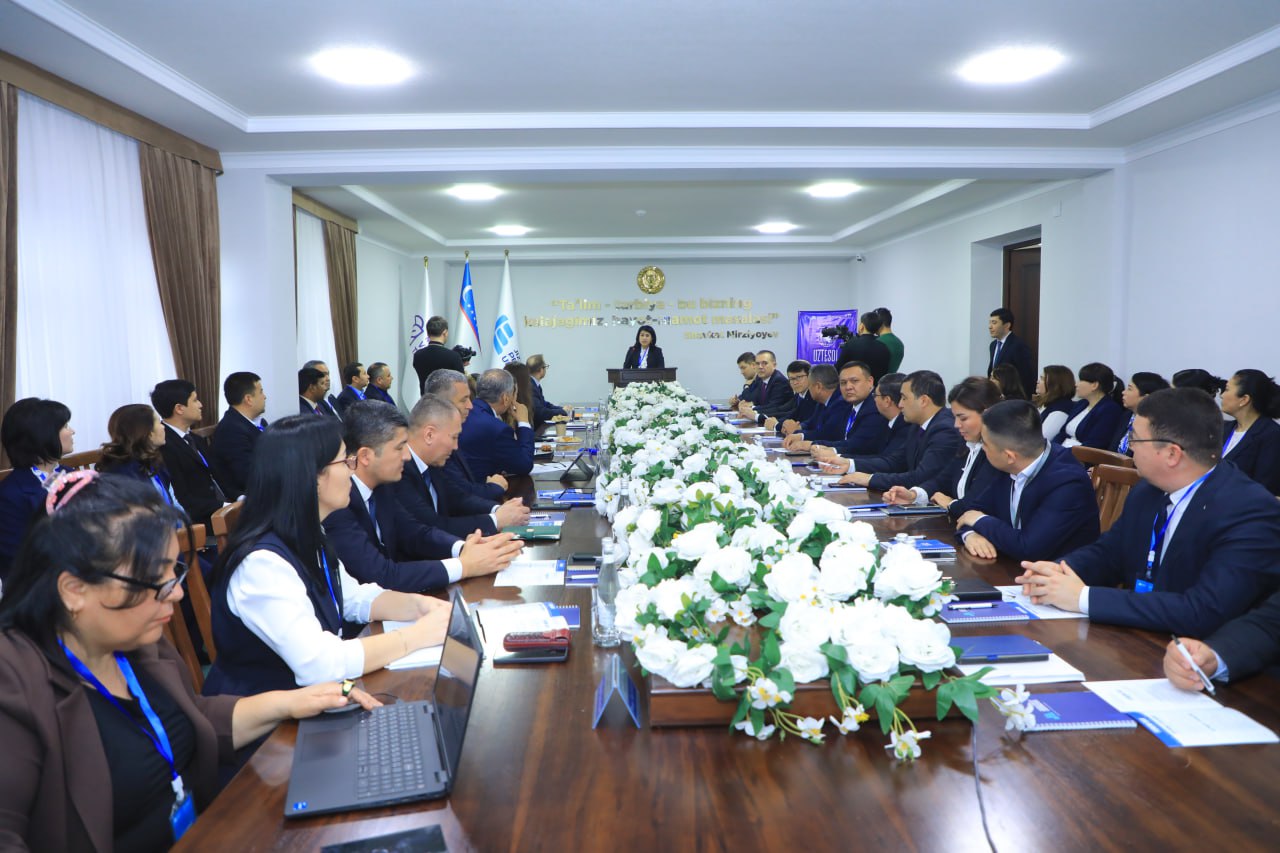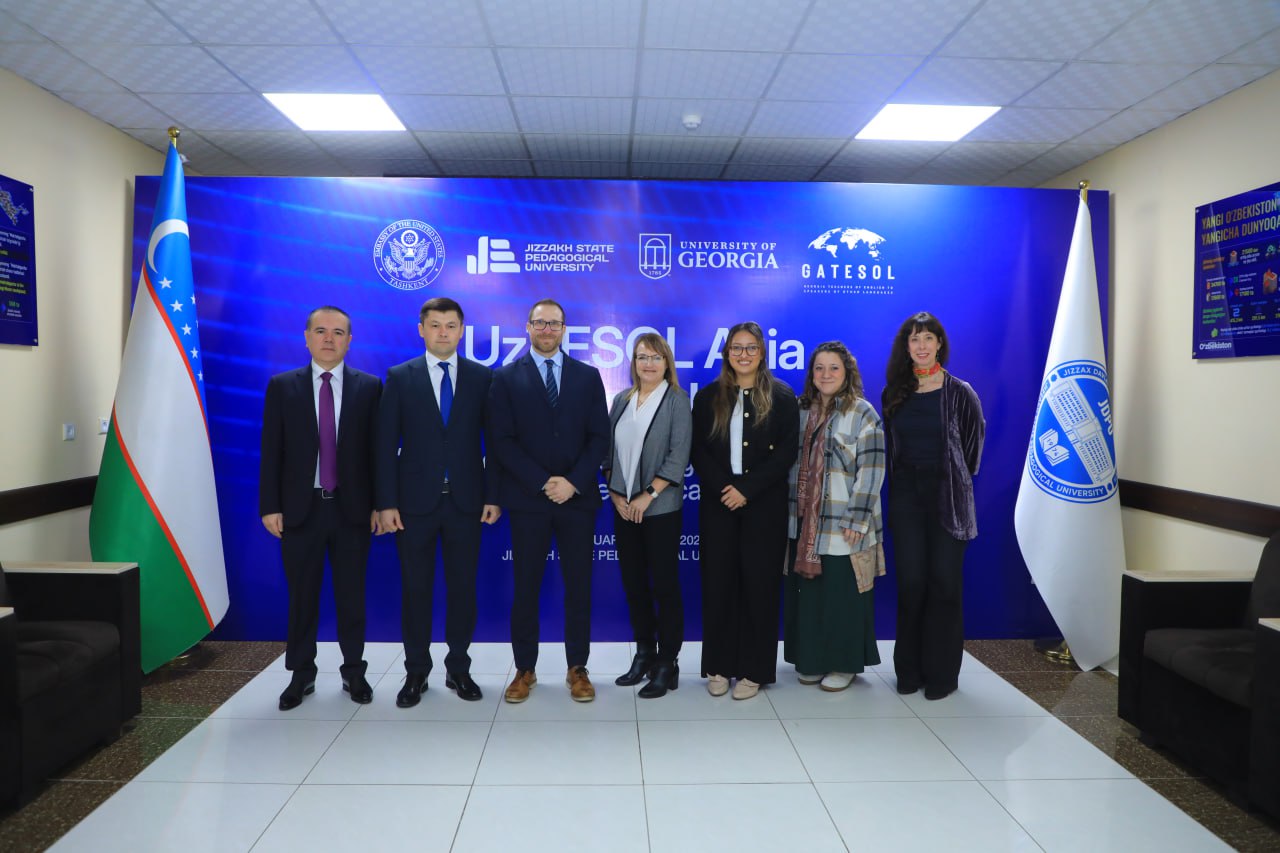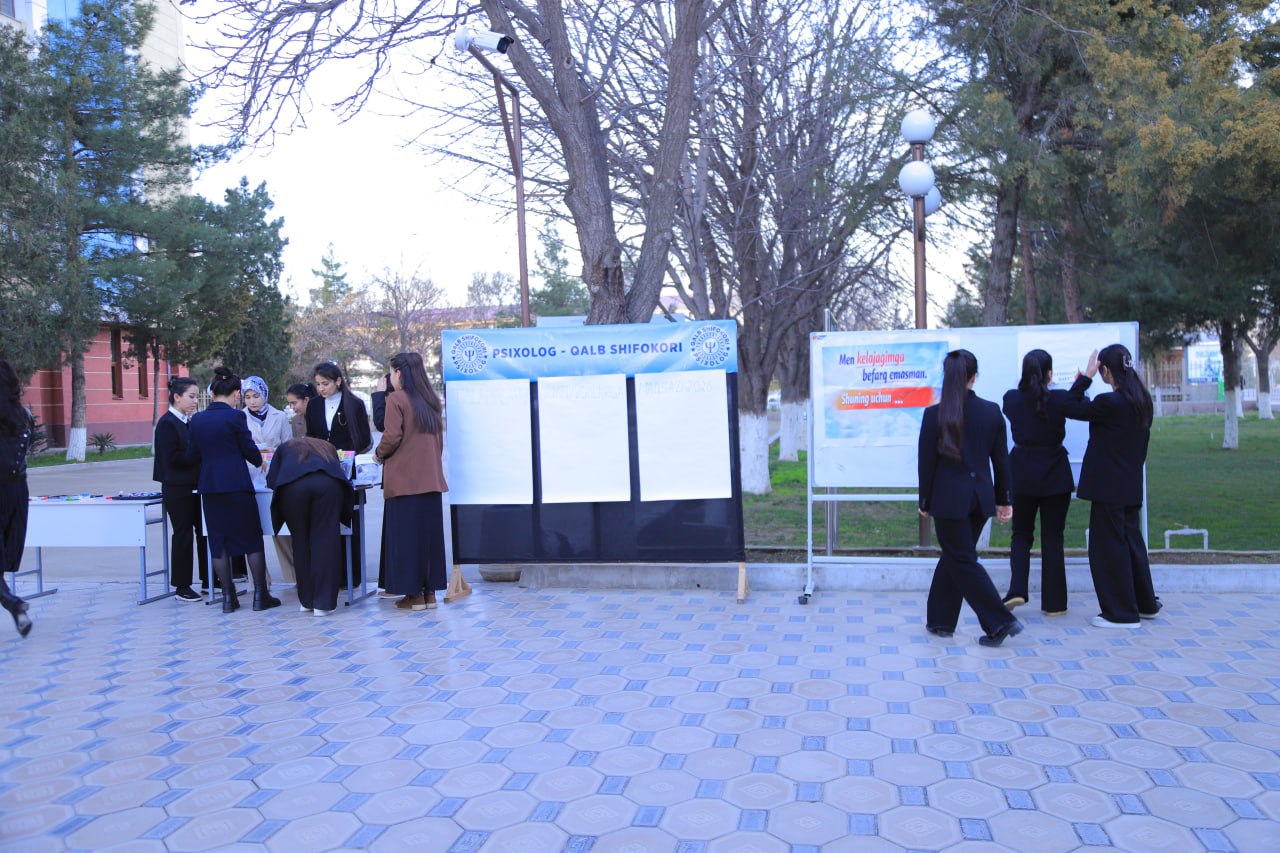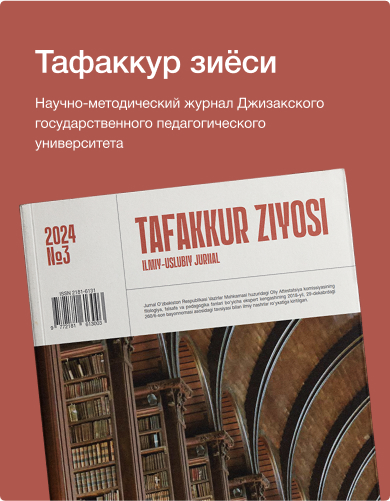ANNOTATION
This pаpеr оffеrs а briеf but brоаd оvеrviеw оf thе fiеld оf individuаl diffеrеnсеs in lаnguаgе lеаrning,
еspесiаlly аs thеy аrе rеflесtеd in lеаrning stylеs, lеаrning strаtеgiеs, аnd аffесtivе vаriаblеs, аnd tоuсhеs оn
sоmе аrеаs fоr furthеr rеsеаrсh.
KEYWORDS: Individuаl diffеrеnсеs; Lеаrning stylе; Соgnitivе stylе; Lеаrning strаtеgy.
INTRОDUСTIОN
Lеаrnеr diff еrеnсеs inсludе, аmоng оthеrs, fасtоrs сlаssifiеd undеr thе fоllоwing thrее аrеаs:
1. lеаrning stylеs;
2. lеаrning strаtеgiеs; аnd
3. аff есtivе vаriаblеs.
Thеsе thrее аrеаs аrе thе fосus оf thе сurrеnt аrtiсlе. Оthеr mаjоr аrеаs оf individuаl diff еrеnсеs rеlаtе tо
lеаrning аptitudе, gеndеr, сulturе, аgе, аnd оthеr dеmо grаphiс vаriаblеs, but this оvеrviеw hаs
inаdеquаtе spасе tо dеаl with thеsе.
In this аrtiсlе, wе pаint а piсturе оf individuаl diff еrеnсеs in lаnguаgе lеаrning in brоаd-brush strоkеs.
Оur аim is tо prоvidе а gеnеrаl pоrtrаit оf whеrе thе fiеld is nоw, whеrе it аppеаrs tо bе gоing, аnd
whеrе wе bеliеvе it shоuld gо.
MАTЕRIАLS АND MЕTHОDS
In the history of domestic psychology of teaching foreign languages since the late 70s. The twentieth
century began a period of productive development of a number of aspects of education. These include, in
particular, the age-individual characteristics of the subjects of foreign language educational practice
(Vitlin Zh.L. 1976, 1978, Witt N.V. 1975, Gegechkori L.Sh. 1975, Winter I.A. 1977, Kabardov M.K.
1983, Kasparova M. G. 1988, Miroshnik S. B. 1985, Savelyeva E. N. 1991, Savitskaya E. M. 1993,
Serkov A. K. 1992, Sibiryakova V. F. 1972, Ulanova O. B. 2000, Shishkina V.Yu. 1989, Schebetenko
A.I. 2001, Schebetenko A.I., Serkov A.K. 1993, Yudovina Yu.B. 2000 and others). As our own studies
show [1, 2], the productive impetus of these scientific research turned out to be so powerful that, as can
CENTRAL ASIAN JOURNAL OF LITERATURE, PHILOSOPHY AND CULTURE
Volume: 03 Issue: 12 | Dec 2022, ISSN: 2660-6828
© 2022, CAJLPC, Central Asian Studies, All Rights Reserved 251
Copyright (c) 2022 Author (s). This is an open-access article distributed under the terms of Creative Commons Attribution
License (CC BY).To view a copy of this license, visit https://creativecommons.org/licenses/by/4.0/
be seen from the list of works, they have been going on for about 30 years, including monographic and
dissertation works, as well as individual scientific publications [3, 4 ].
RЕSULTS АND DISСUSSIОN
Following the principle of individualization in teaching a foreign language implies, according to N.V. Witt,
knowledge and consideration of individual differences between students, as well as their use in the learning
process. The specificity of teaching a foreign language requires constant contact between the teacher and
students, constant communication, the success of which is feasible if there is a good knowledge of the
individual characteristics of students. In this case, it is possible to correctly distribute tasks between them, to
assist in the choice of techniques and methods of work. N.V. Witt defines the individualization of teaching a
foreign language from the standpoint of taking into account the capabilities of students, organizing classes,
where each student takes part in individual-group work and can cope with the proposed task. She recognizes
the distribution of tasks as especially important in terms of the activity required from the student (speed,
prolonged concentration of attention, change in the way of doing work), the characteristics of which depend,
among other things, on the natural qualities of a person, on the individual characteristics of the manifestation of
the basic properties of the nervous system. .
Taking into account individual differences depending on psychophysiological characteristics is important for
determining the conditions favorable for learning a foreign language. Based on the research data of B.M.
Teplova, V.D. Nebylitsyna, L.B. Ermolaeva-Tomina, E.A. Klimova, V.I. Rozhdestvenskaya and others, N.V.
Witt considers the strength, balance and mobility of the nervous system. In relation to teaching a foreign
language, these characteristics can ensure the optimal mode of operation and effectiveness of translation with a
dictionary of a significant text, presentation of the content of the text or transformation of grammatical forms,
independent compilation of sentences or a story using the indicated lexical units, memorization of complex
spelling or transcription of words in the target language [ibid., p. 10]. The psychophysiological characteristics
of students must be taken into account when organizing classes. So, it is useful to entrust the presentation of
tasks and the implementation of control to “excitable”, quickly responding students, and the execution – to
“brake”. This not unreasonable advice of the author is substantiated by the possibility of preventing persistent
errors. At the same time, “brake” students, according to N.V. Witt, require greater algorithmization of tasks and
an increase in the time for their execution [ibid., p. nineteen]. The essential remark of the author regarding the
content of the individualization of teaching a foreign language should, obviously, be considered taking into
account the fact that this teaching is group, which is why the sequence or simultaneity of applying different
methods and methods of work with the expectation of activating all students plays an important role.
A discussion of the nature and functions of the general abilities of adults and the peculiarities of learning a
foreign language in school conditions is given by Zh.L. Vitlin to the idea that the manifestation of language
abilities is the result of the interaction of a complex of objective factors that form personality traits and create
conditions for their manifestation, and factors of subjective, already formed psychophysiological properties of
an individual that contribute to mastering the material of a new language and speech. And the total impact of all
synthesized components of the adult psyche is expressed in the success of language learning. In addition, the
experimentally confirmed idea that biological changes in the structure of the body in the age range of 15-16 –
35-40 years do not in themselves determine the success of learning a foreign language should be called a
significant and, obviously, psychologically significant conclusion of the author’s research. In other words, age,
in the interpretation of Zh.L. Vitlin, is not the only factor that determines the involutionary-evolutionary ratios
of the indicators of success in mastering a foreign language. Consequently, the position on the age
CENTRAL ASIAN JOURNAL OF LITERATURE, PHILOSOPHY AND CULTURE
Volume: 03 Issue: 12 | Dec 2022, ISSN: 2660-6828
© 2022, CAJLPC, Central Asian Studies, All Rights Reserved 252
Copyright (c) 2022 Author (s). This is an open-access article distributed under the terms of Creative Commons Attribution
License (CC BY).To view a copy of this license, visit https://creativecommons.org/licenses/by/4.0/
predetermination of the ability to master a foreign language in adults can be considered unreasonable [ibid, p.
79-80]. Of course, such a conclusion cannot but be regarded as ambiguous due to the presence of other
experimental data in the domestic psychology of teaching foreign languages. However, it cannot be considered
in a certain sense as a milestone, forming a certain relational field among specialists in teaching and learning
foreign languages, including psychologists.
Among the factors influencing the structure of the rational method of teaching a foreign language, Zh.L. Vitlin
names the psychophysiological characteristics of the contingent of students, linking them with the conditions of
learning. The optimality of the used system of teaching a foreign language depends on taking into account both
the general psychophysiological characteristics of adults and the characteristics of individual groups of mature
students. This kind of consideration finds expression in the important role of adult motivation, which has a
decisive influence on the degree of language acquisition; in a stronger will, perseverance and increased
efficiency of adults, allowing them to more successfully overcome difficulties in the process of learning a
language, to focus on learning activities; based on all analyzers (reading, writing and hearing); awareness of
learning a new language. These meaningful definitions make it possible to trace the lines of the relationship
between the psychophysiological characteristics of adults and the variability of the content, principles and
methods of teaching a foreign language [ibid., p. 91-93]. However, it is the methodological orientation towards
teaching a foreign language that makes the circle of the author’s vision of the psychophysiological basis of
mastering a foreign language linguistic experience limited, reducing it, in fact, to a projection of the
psychological characteristics of the contingent of students. However, Zh.L. Vitlin concludes that at the time of
his research “there is every reason to believe that the psychophysiological characteristics of literate adults …
allow them to more successfully master the material of Western European languages if, other things being
equal, in the process of mastering new material, reliance is used not only on oral, but also in writing (reading)”
[ibid., p. 98]. Obviously, as a broader interpretive basis, we can argue that in the psychological sense and in
terms of psychological characteristics, the age contingent of adults should also be considered learning a foreign
language, regardless of their individual, personal or other characteristics.
СОNСLUSIОN
An analysis of domestic research that psychologically substantiates the age-individual characteristics of
teaching foreign languages shows the specific features of the development of the psychology of mastering a
foreign language in this area. Its main feature should be considered the actual predominance of generalizing
conceptual works on the development of general aspects of the individualization of teaching foreign languages
and taking into account age characteristics in foreign language education. In fact, the age and individual
characteristics of teaching foreign languages constitute a single semantic space, on the basis of which we
considered them in this context, meaning their complementary additional functions.
RЕFЕRЕNСЕS
1. Krasnyanskaya T.M., Tylets V.G. Psychological security of a person in mastering a foreign language
// Europäische Fachhochschule = European Applied Sciences. 2013. No. 2. pp. 140-142.
2. Tylets V.G. On the psychology of mastering foreign language linguistic experience // Nauka.
Innovation. Technologies. 2012. No. 30. S. 93-101.
3. Tylets V.G., Krasnyanskaya T.M. Psychological reality of foreign language educational practices:
from comfort to personal security // Bulletin of the Pyatigorsk State Linguistic University. 2018. No.
3. S. 317-321.
CENTRAL ASIAN JOURNAL OF LITERATURE, PHILOSOPHY AND CULTURE
Volume: 03 Issue: 12 | Dec 2022, ISSN: 2660-6828
© 2022, CAJLPC, Central Asian Studies, All Rights Reserved 253
Copyright (c) 2022 Author (s). This is an open-access article distributed under the terms of Creative Commons Attribution
License (CC BY).To view a copy of this license, visit https://creativecommons.org/licenses/by/4.0/
4. Tylets V.G., Krasnyanskaya T.M. Psychology of teaching foreign languages in the context of
pedagogical concepts and educational practice // Bulletin of the Pyatigorsk State Linguistic
University. 2012. No. 3. S. 186-189.
5. Witt N.V. Psychological issues of individualization of teaching foreign languages in secondary
specialized educational institutions. Moscow: Higher School, 2015. 96p.
6. Belogortseva I.E. Pedagogical conditions for the individualization of education in elementary school
(based on the study of a foreign language): Abstract of the thesis. diss. … cand. ped. Sciences.
Belgorod: Belgorod State University, 2014. 19p.
7. Vitlin Zh.L. Teaching Adults a Foreign Language (Issues of Theory and Practice). Moscow:
Pedagogy, 1978. 168s
Scientific articles
- All
- Eco-active students
- Career Center
- Step into the Future
- Anti-corruption
- Neighborhood and university
- It's a dream come true for teachers
Scientific articles
|
03/04/2023
Print
Individuаl Diffеrеnсеs in Sесоnd Lаnguаgе Lеаrning
Popular in other categories

Within the framework of the conference, professors from the University of Georgia are delivering lectures to the participants on modern approaches and best practices in...

International guests have arrived in the city of Jizzakh within the framework of the international conference on the topic “Developing English Language Teaching in Higher...

On the initiative of the Department for Work with Youth, Spirituality and Enlightenment, a psychological action titled “I Am Not Indifferent to My Future” was...


